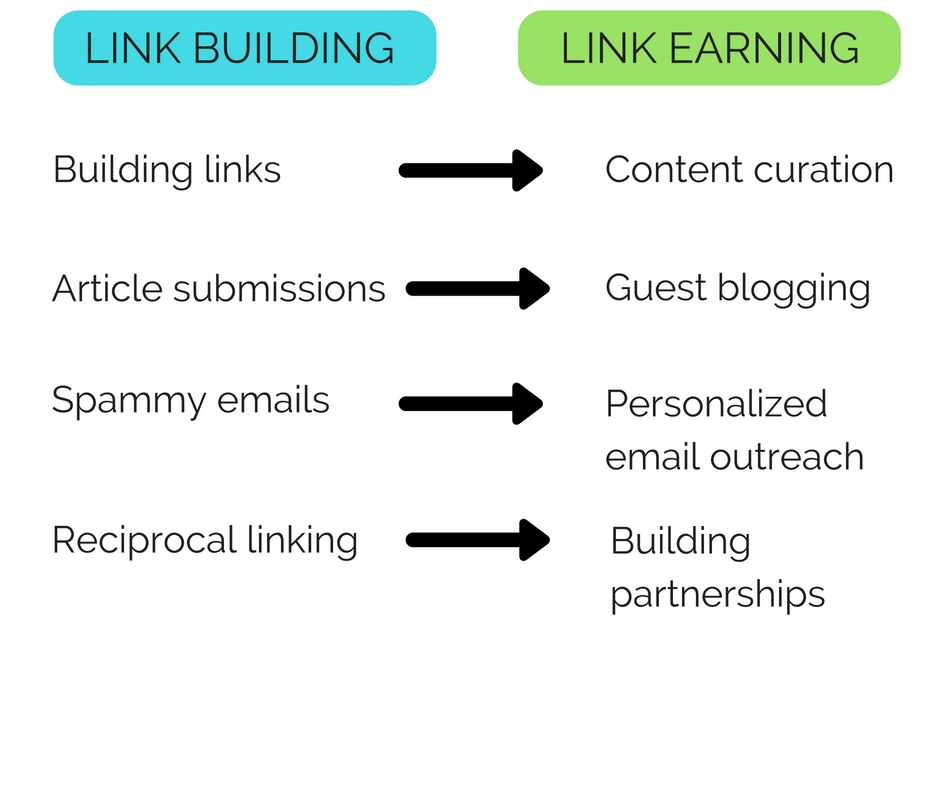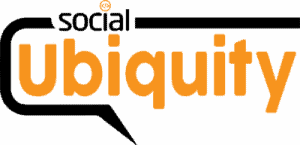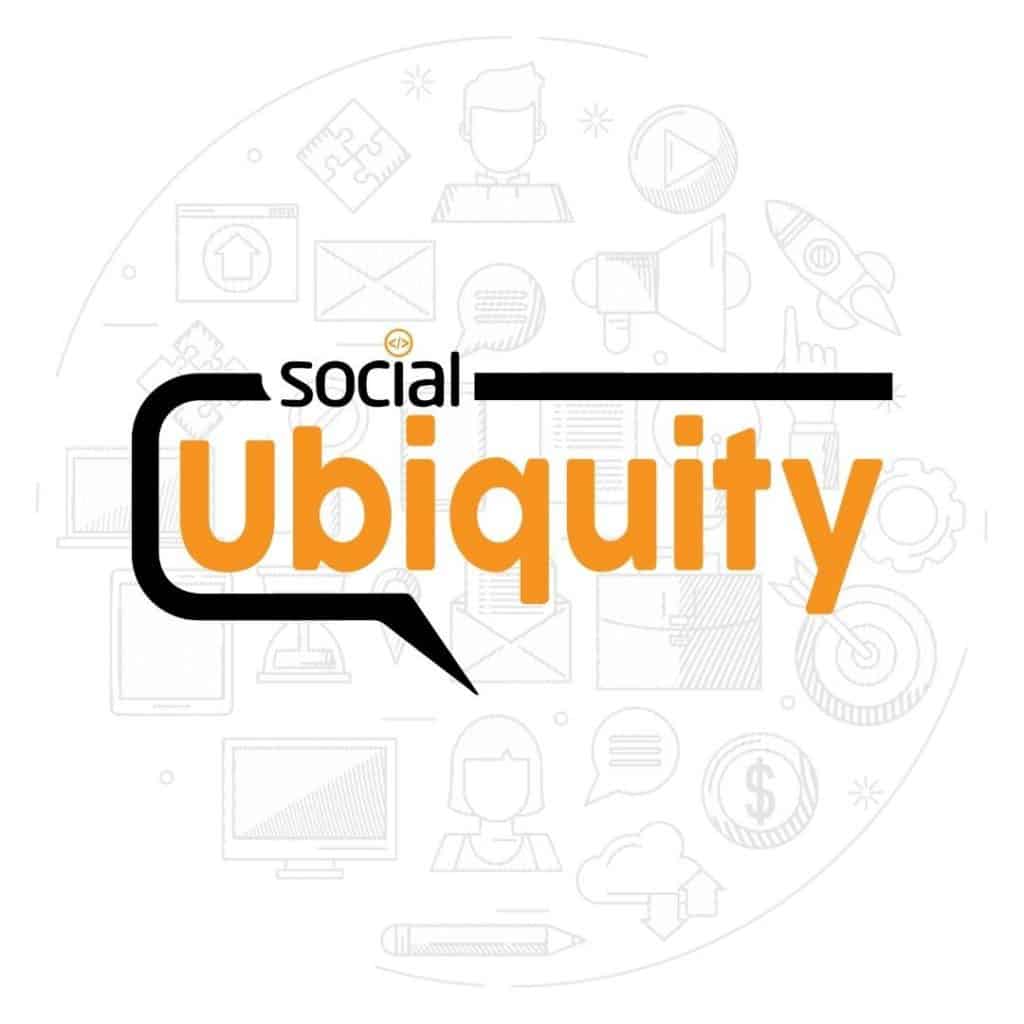In the constantly evolving world of SEO, link-building remains a cornerstone of a successful strategy. However, as search engine algorithms become more sophisticated, so too must our link-building techniques. Advanced link-building strategies go beyond the basics, leveraging a nuanced understanding of SEO, digital marketing, and online relationships to build a network of high-quality, relevant links. This comprehensive guide delves into these advanced strategies, offering insights and actionable steps to enhance your website’s authority and search engine rankings.

The Foundations of Effective Link-Building:
Before diving into the advanced tactics of link-building, it’s essential to understand and solidify its foundations. These foundational elements are critical because they set the stage for more sophisticated strategies, ensuring that your efforts are not only effective but also sustainable in the long run.
- Building a solid groundwork for advanced strategies
- Identifying and analyzing your target audience
- Understanding the value of high-quality content in link-building
Understanding the Role of Link-Building in SEO:
- The Essence of Links: In the realm of SEO, links are more than just pathways connecting different web pages. They are seen by search engines as votes of confidence, and endorsements that suggest the linked-to content is valuable, credible, and useful.
- Search Engine Algorithms: Major search engines like Google use complex algorithms to evaluate the quality and relevance of links. A website with a higher number of quality backlinks typically ranks higher on search engine results pages (SERPs), all else being equal.
- Link Quality vs. Quantity: It’s crucial to emphasize that not all links are created equal. A few high-quality links from reputable, authoritative sites are far more beneficial than numerous low-quality links from lesser-known or spammy websites.
Building a Solid Groundwork:
- Website Audit: Start with a thorough audit of your existing website. Identify your most linkable assets, such as popular blog posts, guides, or infographics. Understand which pages are currently performing well and why.
- Identifying Your Unique Selling Proposition (USP): What makes your content or your product/service unique? Understanding your USP is critical in crafting a link-building strategy that highlights your strengths and appeals to your target audience.
Identifying and Analyzing Your Target Audience:
- Audience Research: Understanding who your audience is, what they care about, and where they spend their time online is fundamental. This information guides where to focus your link-building efforts.
- Creating Personas: Develop detailed buyer personas. These are semi-fictional representations of your ideal customers based on data and research. Personas help you understand the needs, challenges, and decision-making processes of your target audience.
- Competitor Analysis: Analyze your competitors’ backlink profiles. Tools like Ahrefs, SEMrush, or Moz can provide insights into where they are getting their links, helping you identify potential opportunities for your site.
The Value of High-Quality Content in Link-Building:
- Content is King: The adage holds true in SEO link-building. High-quality, original, and valuable content is more likely to attract backlinks naturally.
- Diverse Content Formats: While blog posts and articles are common, don’t ignore other formats like videos, podcasts, infographics, or whitepapers. Different formats can appeal to different segments of your audience and attract links from a wider range of sources.
- Content that Solves Problems: Content that addresses specific problems, answers questions, or provides unique insights is more likely to earn backlinks. This can be industry-specific advice, how-to guides, original research, or expert interviews.
- Regular Updates and Maintenance: The internet is dynamic, and what’s relevant today might not be tomorrow. Regularly updating your content keeps it relevant and link-worthy.
Building the foundation of effective link-building is about understanding the intricacies of how links work within the SEO framework, knowing your audience deeply, leveraging your unique value, and consistently creating high-quality, relevant content. This groundwork is essential for any advanced link-building strategy to be successful and sustainable.
Innovative Link-Building Tactics
To stay ahead in the competitive landscape of SEO, it’s crucial to employ innovative link-building tactics that can set your strategies apart. These methods focus not just on acquiring backlinks but doing so in a way that’s creative, engaging, and taps into new trends and platforms.

Interactive Content Creation:
- Engagement through Interaction: Interactive content like quizzes, polls, surveys, and interactive infographics can significantly increase user engagement. Such content is more likely to be shared and linked to, as it offers a unique experience.
- Embeddable Content: Create content that can be easily embedded in other sites. For example, an interactive tool or widget that provides value, like a mortgage calculator for a real estate site, can encourage others to embed your tool and link back to you.
- Promotion of Interactive Content: Once you have your interactive content, promote it through your channels. Social media, email newsletters, and even reaching out to influencers or industry leaders can help in garnering attention and links.
Hosting Webinars and Online Events:
- Leveraging Expertise: Host webinars or online events that showcase your expertise or provide valuable information to your audience. These events not only attract participants but also encourage other websites to link to your event page.
- Collaborations: Collaborate with other experts or influencers in your field for these events. Collaborators are likely to link to the event from their platforms, thereby increasing its reach.
- Post-Event Content: After the event, create follow-up content like summary posts, Q&A compilations, or infographics covering key takeaways. This content serves as additional linkable material related to the event.
Collaborations and Partnerships:
- Joint Ventures: Partner with other businesses or influencers to create joint content or projects. These partnerships can lead to natural link exchanges and shared audiences.
- Guest Appearances: Feature on podcasts, interviews, or write guest articles for reputable sites in your industry. This not only positions you as an authority but also creates opportunities for valuable backlinks.
- Cross-Promotion: Engage in cross-promotion with partners, where you share each other’s content, tools, or services, linking back to each other’s websites.
Advanced Email Outreach Techniques:
- Personalized Outreach: Move beyond generic email templates. Personalize your outreach efforts based on the recipient’s interests, recent publications, or social media posts.
- Value Proposition: Always highlight the value your content or collaboration brings to the recipient. Whether it’s unique data, an expert opinion, or a fresh perspective, make sure it’s clear what’s in it for them.
- Follow-up Strategies: Effective follow-up is key in email outreach. However, it’s important to follow up respectfully and not be overly persistent, which can be counterproductive.
Leveraging Emerging Platforms and Trends:
- Tapping into New Platforms: Keep an eye on emerging social media platforms or online communities. Being an early adopter can give you an edge in these spaces, making it easier to build links as the platform grows.
- Utilizing Trends: Capitalize on trending topics or viral content by creating related content or offering a unique angle. This can lead to high engagement and sharing, resulting in backlinks.
Creating Comprehensive Resource Lists:
- Ultimate Guides and Resource Lists: Compile comprehensive guides or resource lists that are valuable to your audience. These are often linked to helpful resources in other articles or blog posts.
- Updating Existing Resources: Regularly update your resource lists to keep them current and relevant. This not only helps maintain existing backlinks but can also attract new ones.
Expanding Your Content’s Reach:
- Content Syndication: Syndicate your content on larger platforms. While this doesn’t always directly create backlinks, it increases your content’s visibility, potentially leading to more organic links.
- Translation and Localization: Translate and localize your best content for different regions. This can help in attracting backlinks from different linguistic and geographical audiences.
Innovative link-building tactics require creativity, a deep understanding of your audience, and a willingness to experiment with new platforms and trends. By employing these tactics, you can build a diverse and robust link profile that not only boosts your SEO efforts but also strengthens your brand’s online presence.
Challenges and Ethical Considerations in Advanced Link-Building
Advanced link-building strategies, while powerful, come with their own set of challenges and ethical considerations. Navigating these complexities is crucial for maintaining the integrity of your SEO efforts and ensuring long-term success.
Balancing Quality and Quantity:
- The Temptation of Quantity: One of the biggest challenges in link-building is the temptation to prioritize quantity over quality. While having a large number of backlinks can be beneficial, if they are of low quality or from irrelevant sources, they can do more harm than good.
- Focus on High-Quality Links: It’s essential to focus on acquiring high-quality links from reputable, authoritative websites. These links are valued more by search engines and can significantly improve your site’s credibility and ranking.
Ethical Link-Building Practices:
- Avoiding Black-Hat Techniques: Practices like buying links, excessive link exchanges, or using private blog networks (PBNs) are considered black-hat SEO and can lead to penalties from search engines. Ethical link-building involves earning links through high-quality content and genuine relationships.
- Transparency: Be transparent in your link-building practices. This includes disclosing any partnerships or sponsorships when publishing content that includes links as a result of these relationships.
Navigating Algorithm Updates:
- Staying Informed: Search engines frequently update their algorithms, and what works today might not work tomorrow. Staying informed about these updates is crucial to adjust your strategies accordingly.
- Adapting to Changes: Be prepared to quickly adapt your link-building strategies in response to algorithm updates. Flexibility and the willingness to evolve are key in the dynamic landscape of SEO.
Managing Link Risks:
- Risk Assessment: Regularly assess the risk profile of your backlink portfolio. This involves analyzing the quality and relevance of your backlinks and identifying any potential red flags that could attract penalties.
- Disavowing Links: Understand how and when to disavow links. If you identify harmful links pointing to your site, using tools like Google’s Disavow Tool can help mitigate potential negative impacts.
Scaling Link-Building Efforts Ethically:
- Maintaining Quality in Scale: As your link-building efforts expand, maintaining the quality of each link becomes challenging. Systems and checks should be in place to ensure that the quality doesn’t deteriorate as you scale up.
- Training and Guidelines: If you have a team, ensure they are well-trained and understand the ethical guidelines of link-building. This includes understanding what constitutes a good link and how to approach potential link partners respectfully.
The Challenge of Consistency:
- Consistent Efforts: Link-building is not a one-off task but a continuous effort. The challenge lies in maintaining a steady flow of high-quality content and outreach, which can be resource-intensive.
- Long-Term Strategy: View link-building as a long-term strategy. It’s about building relationships and a reputation over time, rather than expecting immediate results.
The landscape of advanced link-building is fraught with challenges and ethical considerations. Staying on the right side of search engine guidelines, focusing on quality over quantity, being prepared to adapt to algorithm changes, and scaling efforts ethically are crucial for sustainable success. By understanding and navigating these challenges, businesses can build a strong, ethical link profile that supports their SEO goals and maintains their reputation in the digital world.
Measuring Success and Adjusting Strategies in Advanced Link-Building
Effective link-building is not just about implementing strategies but also about measuring their success and making necessary adjustments. This process involves a keen analysis of various metrics and understanding how these insights can inform future link-building efforts.

Key Metrics to Track:
- Backlink Quantity and Quality: Monitor both the number and quality of backlinks. Tools like Ahrefs, Moz, or SEMrush can provide insights into the authority of linking domains, the relevance of linked content, and the overall health of your backlink profile.
- Referral Traffic: Analyze the amount of traffic being directed to your site from backlinks. Google Analytics can provide detailed referral traffic data, helping you understand which backlinks are driving the most valuable traffic.
- Search Engine Rankings: Track how your link-building efforts are impacting your rankings for targeted keywords. Improved rankings can be a direct indication of the effectiveness of your strategies.
- Domain Authority (DA) and Page Authority (PA): Tools like Moz’s Domain SEO Analysis Tool help in tracking the DA and PA, which can be useful indicators of how your site is perceived by search engines.
Analyzing Link-Building ROI:
- Cost vs. Benefit: Consider the resources invested in link-building (time, effort, money) and weigh them against the benefits gained (traffic increase, higher rankings, conversions).
- Conversion Rate: It’s crucial to measure not just the increase in traffic, but also how this traffic translates into actual conversions or desired actions on your site.
Adjusting Strategies Based on Data:
- Responsive Strategy Development: Use the data gathered to refine and adjust your link-building strategies. If certain types of content or outreach methods are performing well, consider allocating more resources to them.
- Diversification of Tactics: Avoid relying on a single link-building tactic. If the data shows diminishing returns, explore and test other tactics to see what works best for your specific niche and audience.
Understanding the Competitive Landscape:
- Competitor Backlink Profiles: Regularly review your competitors’ backlink profiles. This can provide insights into link-building opportunities you might have missed and help you understand industry benchmarks.
- Adapting to Industry Changes: Stay updated with changes in your industry or niche that could impact your link-building strategies. For example, a new industry publication or forum can be a valuable new source of high-quality backlinks.
Utilizing Feedback Loops:
- Continuous Learning: Incorporate feedback from your analytics into your strategy on an ongoing basis. This iterative process ensures continuous learning and improvement.
- Team Feedback: If you work with a team, regularly discuss what strategies are working, and what challenges are encountered, and brainstorm new ideas based on collective insights.
Periodic Reviews and Long-Term Planning:
- Regular Audits: Conduct regular audits of your link-building activities and backlink profile. This helps in identifying and rectifying any issues, like unnatural link patterns or broken links.
- Strategic Planning: Based on your periodic reviews, plan for the long term. Set realistic goals for your link-building efforts and strategize how to achieve them over time.
Measuring the success of link-building strategies and making adjustments based on data is fundamental for long-term SEO success. By tracking the right metrics, analyzing ROI, understanding the competitive landscape, and utilizing feedback loops, you can continually refine your link-building approach. This adaptive strategy ensures that your efforts are not just effective but also aligned with the changing dynamics of SEO and your business objectives.
About the Author:
Robert Montoya is the Director of Social Ubiquity, LLC. With a deep expertise in SEO and digital marketing, Robert has guided numerous businesses in navigating the complexities of the digital landscape. Under his leadership, Social Ubiquity has emerged as a forerunner in implementing innovative SEO tactics, particularly in the realm of link-building strategies. His approach combines cutting-edge technology with ethical practices, ensuring sustainable and impactful growth for clients.






